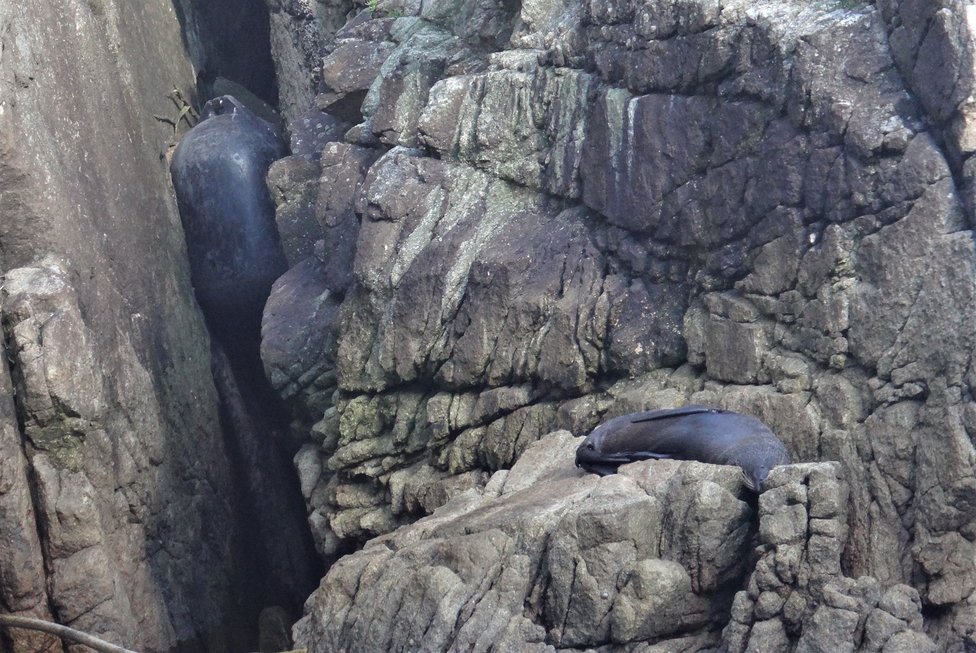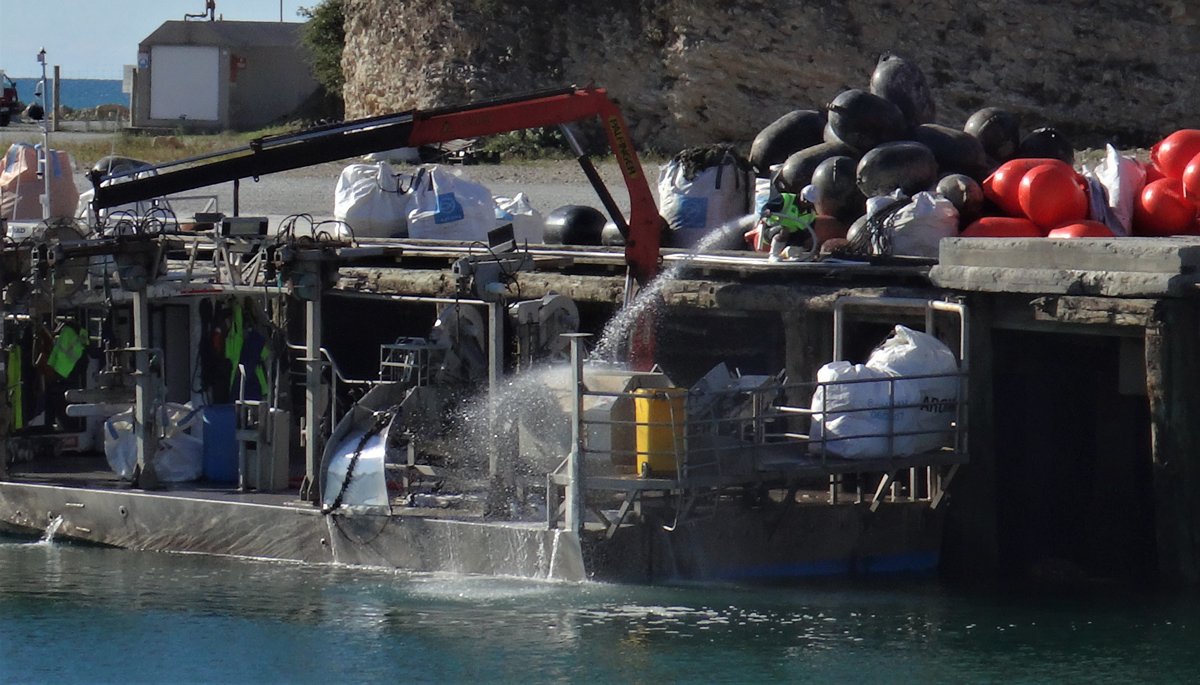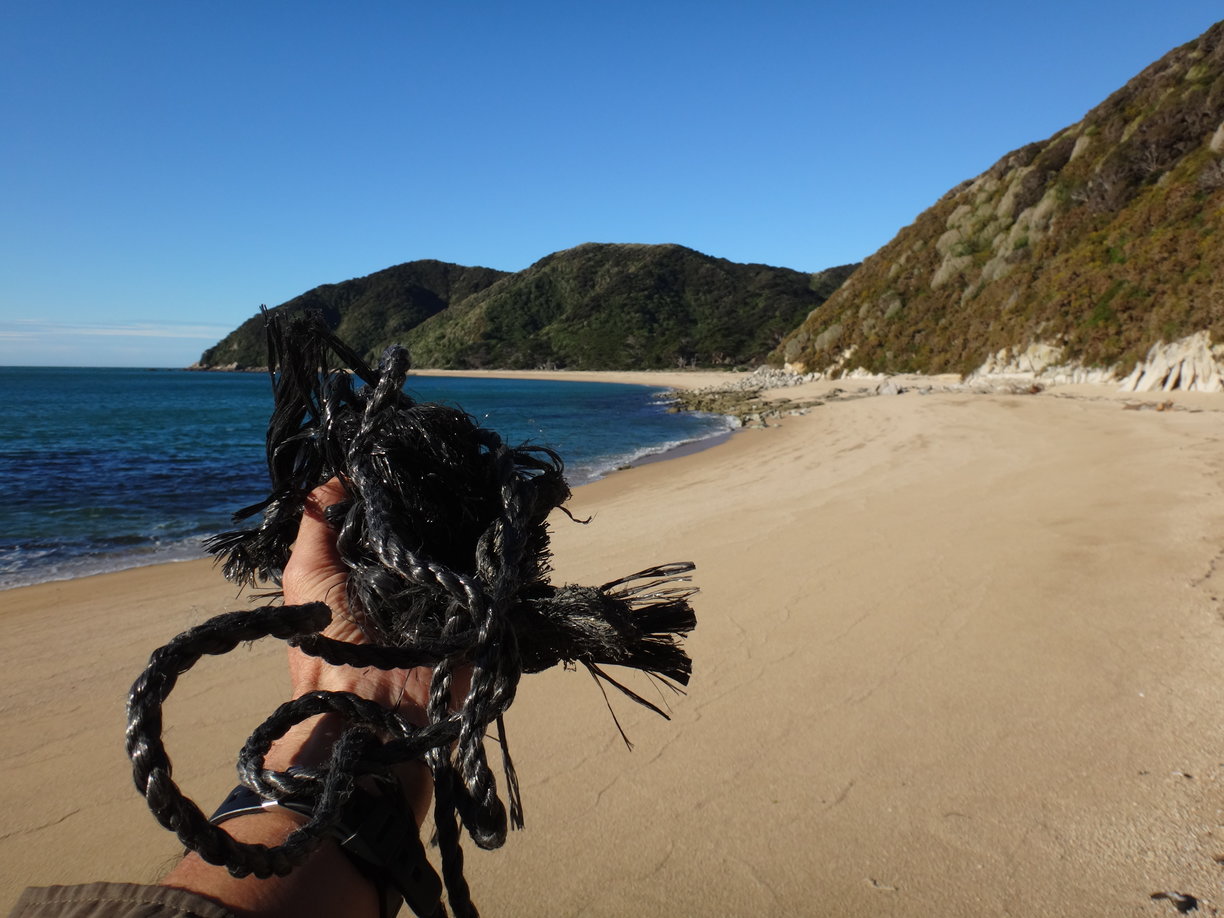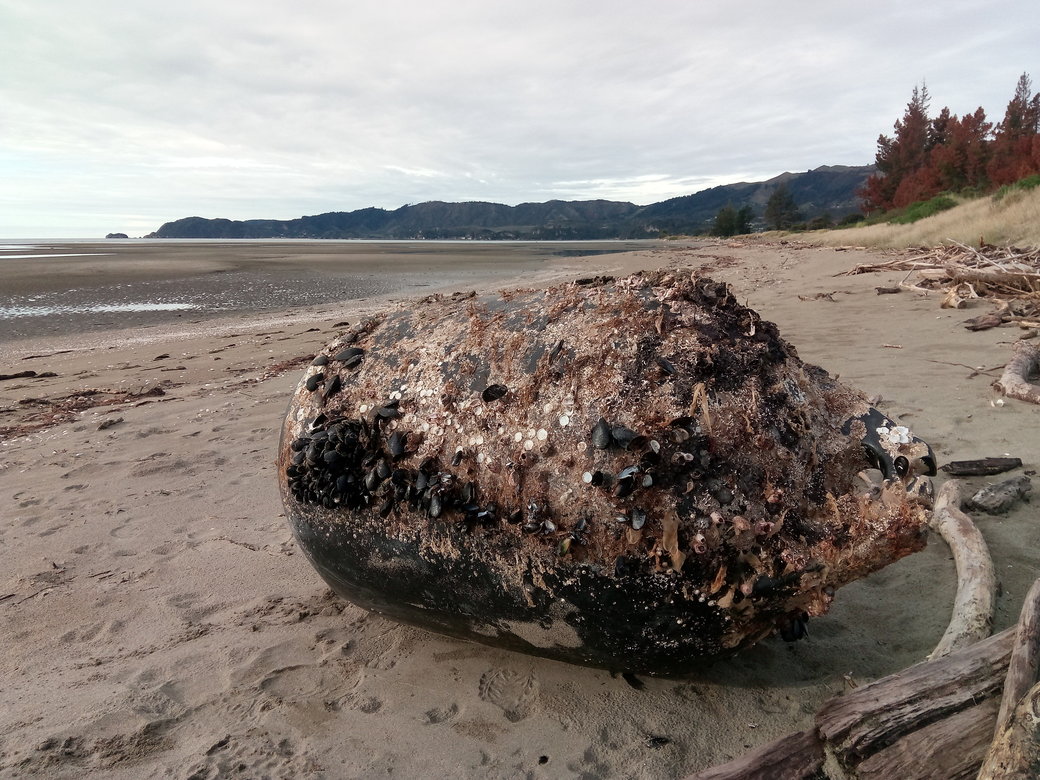The Marine Farming Impacts Group (MFIG) seeks stronger regulations and penalties for breach of consent conditions by marine farmers in Golden Bay.
MFIG and many Golden Bay community members are concerned with the growth of marine farming activities and the associated impacts for residents, visitors and wildlife in the Bay.
The outstanding natural character <http://www.environmentguide.org.nz/issues/natural-character/protection-of-natural-character/> of Golden Bay is why many people choose to live and visit this amazing area of New Zealand. It must be protected from industrial impacts.
Check out the survey at Marine Farming Impacts NZ
<https://www.facebook.com/Marinefarmingimpactsnz> on Facebook, look for the ‘Survey’ tab, like the page and share with others.
The following list of eight marine farming issues are what MFIG would like implemented in Golden Bay.
1. Restricted operating hours for commercial vessels (7.30 AM – 7.30 PM) to reduce noise impacts for people and other creatures.
2. Register for commercial vessels leaving and entering the port. This provides evidence of which vessel is making excessive noise.
3. Close monitoring of the industry by Council (at the cost of industry). Monitoring to include waste clean ups, recording of lost gear
and recovered gear. Results of monitoring to be made publicly available to ensure accountability.
4. Review of mussel farming consent conditions and *stronger penalties* for breaching the conditions, e.g. noise, waste
<https://www.youtube.com/watch?v=YuQiOxfAp7g>,
including micro-plastics. As far as we are aware, there have been no penalties imposed on the industry for breaching consent conditions.
5. Yearly survey of residents and visitors to establish the extent of industry impacts (costs covered by the mussel farming industry).
6. Further investigation into reducing mussel boat noise, light spill and waste to be driven by Council specialist staff (at the cost of industry). Currently the marine farming industry seems to be self-monitoring which looks to be failing.
7. Marine Farming Industry to use natural fibre rope and cord instead of plastic based equipment and to be fined for loss of plastic floats into
the marine environment.
8. Council to work closely with the Golden Bay community on these matters using an Ecosystem Based Management (EBM) approach <https://www.sustainableseaschallenge.co.nz/about-us/why-do-we-need-ebm/>
The Mussel Farming Impacts Group would like the Council and the marine farming industry to engage with community stakeholders using an Ecosystem Based Management <https://www.sustainableseaschallenge.co.nz/about-us/why-do-we-need-ebm/> approach.
This approach could be defined as *‘an inclusive and holistic way to manage competing uses for the marine environments we value’.***
The National Science Challenge – Sustainable Seas website shows 7 Ecosystem Based Management Principles for EBM.
These are:
*Human activities*
Humans, along with their multiple uses and values for the marine environment, are part of the ecosystem.
*Collaborative decision-making*
Collaborative, co-designed and participatory decision making processes involving all interested parties
*Knowledge-based*
Based on science and mātauranga Māori, and informed by community values and priorities.
*Sustainability*
Marine environments, and their values and uses, are safeguarded for future generations
*Adapts*
Flexible, adaptive management, promoting appropriate monitoring, and acknowledging uncertainty
*Tailored*
Place and time specific, recognising all ecological complexities and connectedness, and addressing cumulative and multiple stressors
*Co-governance*
Governance structures that provide for Treaty of Waitangi partnership, tikanga and mātauranga Māori.



